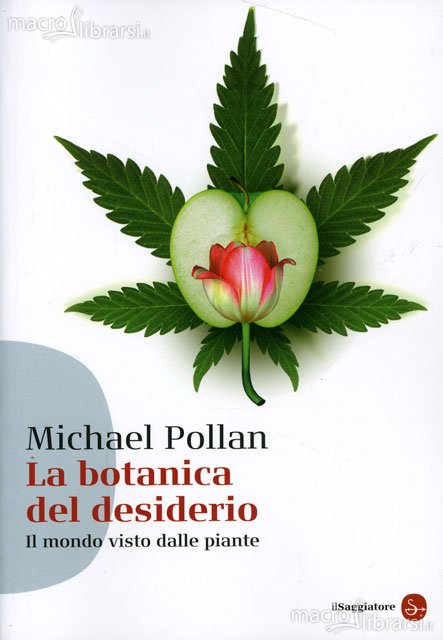"Am I to plant one plant or plant is to decide that I cried ...?”
The first seeds of this book were planted in my garden, while I was spreading really.
Bury the seeds is an enjoyable activity, little repetitive and not excessive commitment, which leaves an amount of space to other thoughts. On this particular afternoon in May, I planted a few rows of seeds in the vicinity of an apple tree in bloom all vibrating bee. And I found myself thinking: What is the difference between the role of the human existence and the Bee in this or any other garden?
If this sounds like a ridiculous comparison, try to consider what I was doing in the garden this afternoon: spargevo the genes of one species and not another, in this case dwarf potatoes and not, for instance, Leeks. Garden lovers like me are likely to consider their choices like absolute right: in the space of my garden, I tell myself, only I establish which species will grow lush and which will disappear. In other words, I'm the manager, and besides me there are other human beings even more responsible: the long line of farmers, Botanical, breeders and, to the present day, Genetic engineers who “selected”, “optimized” the “played” the particular potato that I decided to plant. Even the grammar defines the terms of this relationship quite clearly: I choose plants, I delete the weeds, I collect the fruits. We divide the world into subjects and objects and, in the garden, as is often the case when it comes to nature, the subjects we humans.
But that afternoon, I found myself thinking: And if the grammar was wrong? If in fact it was just vanity and self-satisfaction? Probably a bee, in the garden, looks at herself as a person and a flower sacks for a drop of nectar as an object. But we know that his is just an illusion. The reality is that the flower has cleverly manipulated the bee that transport pollen from flower to flower.
The ancestral relationship between bees and flowers is a classic example of “co-evolution”. Under a co-evolutionary as the one signed by the bee and the apple tree, the two parties acting on their own personal interests, but end up exchanging favors: Cibo for ape, transport of the genetic to the apple tree. This is done so completely unaware: the traditional distinction between subject and object has no meaning, therefore,.
Between me and I'm potato planting things are not much different: we are both partners in a co-evolutionary relationship, and we have been since the beginning of agriculture, more than ten thousand years ago.
Like the look and the smell of apple blossom have been selected by countless generations of bees, so the size and flavor of potato were selected by countless generations of individuals: by the Incas to the Irish, people like me, ordering fries at McDonald's. Bees and humans have their own selection criteria: symmetry and sweetness in the case of bees, size and nutritional value in the case of humans who eat potatoes. The fact that one of them has become partially conscious of one's desires makes no difference to the flower or the potato party to the agreement. On the genetic level, plants only care about what matters to every other living thing: reproduce. Proceeding by trial and error, these plant species have discovered that the best way to achieve this and ensure that the animals - bees or humans, does not really matter - to spread their genes. Come? By appealing to their desires, more or less conscious. The flowers and potatoes that can do it more effectively are the ones that come to bear fruit and reproduce more.
So that day I arose spontaneously ask: Did I choose to plant this potato, or she chose me? In realtà, both possibilities are true. I remember the precise moment when the tuber seduced me, flaunting its charm lumpy between the pages of a seed catalog. I think the definition has been fatal: “and buttery yellow flesh”. It was a trivial event, only partly conscious; I did not think that our meeting by catalog had any evolutionary consequence. Yet the evolution consists of an infinite number of trivial events and unconscious, and, for the evolution of the potato, my reading of a particular seed catalog in a given night in January as important as the other.
That afternoon of May, the garden suddenly appeared to me in a new light: the many delights offered to the eye, smell and taste were not as innocent or passive. All the plants that I had always considered objects of my desire were also people who were acting on me, pushing me to do for them what we would not have been able to achieve on their own.
And here is the intuition: What if you looked at the world outside the garden in this way, considering our place in nature from the same perspective upside down?
That's exactly what it sets out to do this book, telling the story of four plants familiar to us - the apple tree, Tulip, cannabis and the potato - and of human desires that link their destinies to our. From a point of view wider, the topic of the book is the complex reciprocal relationship between humans and the natural world, I will take with the utmost seriousness by an unconventional perspective: the point of view of the plants

